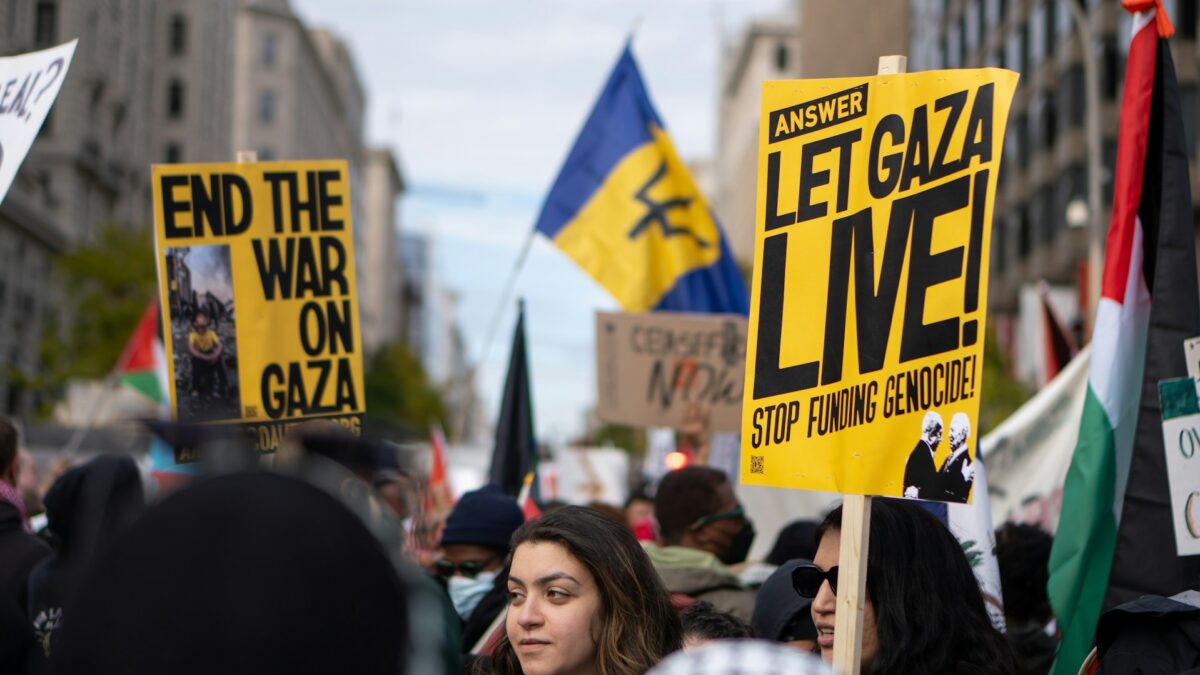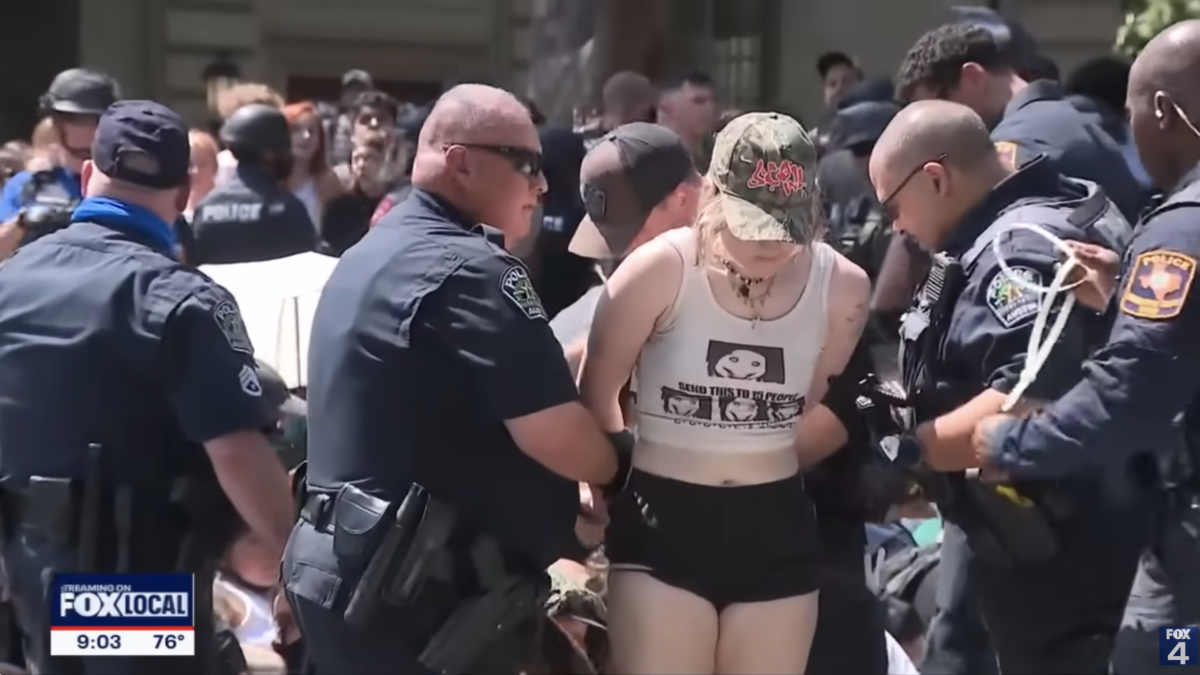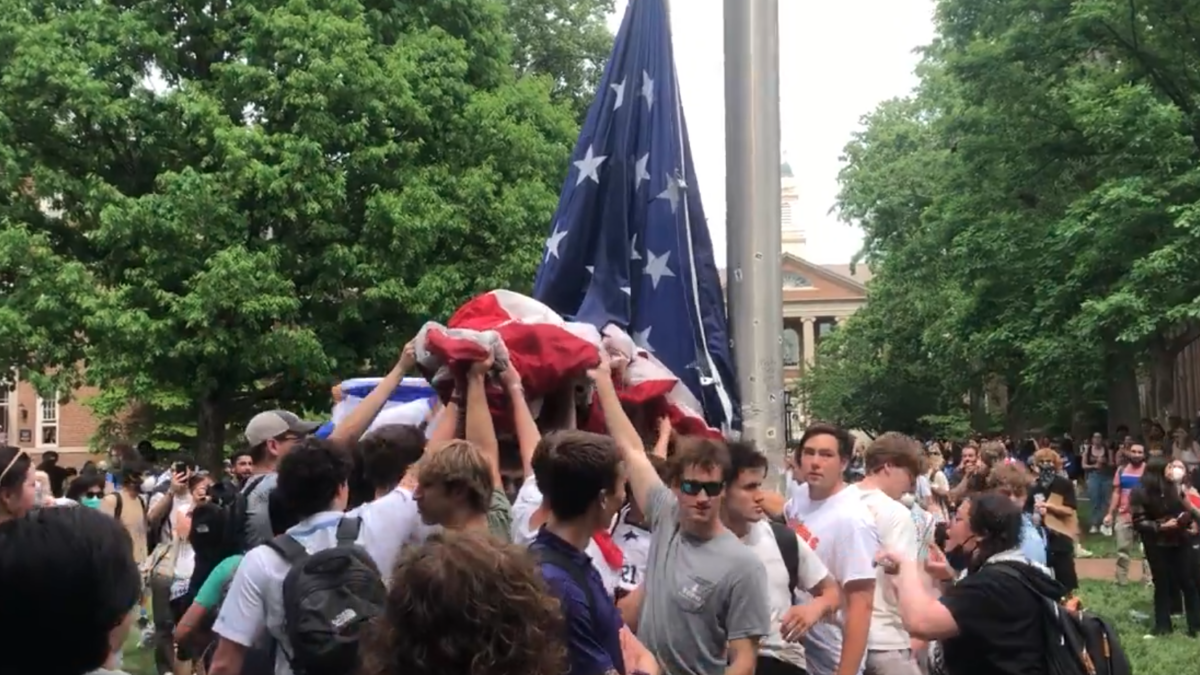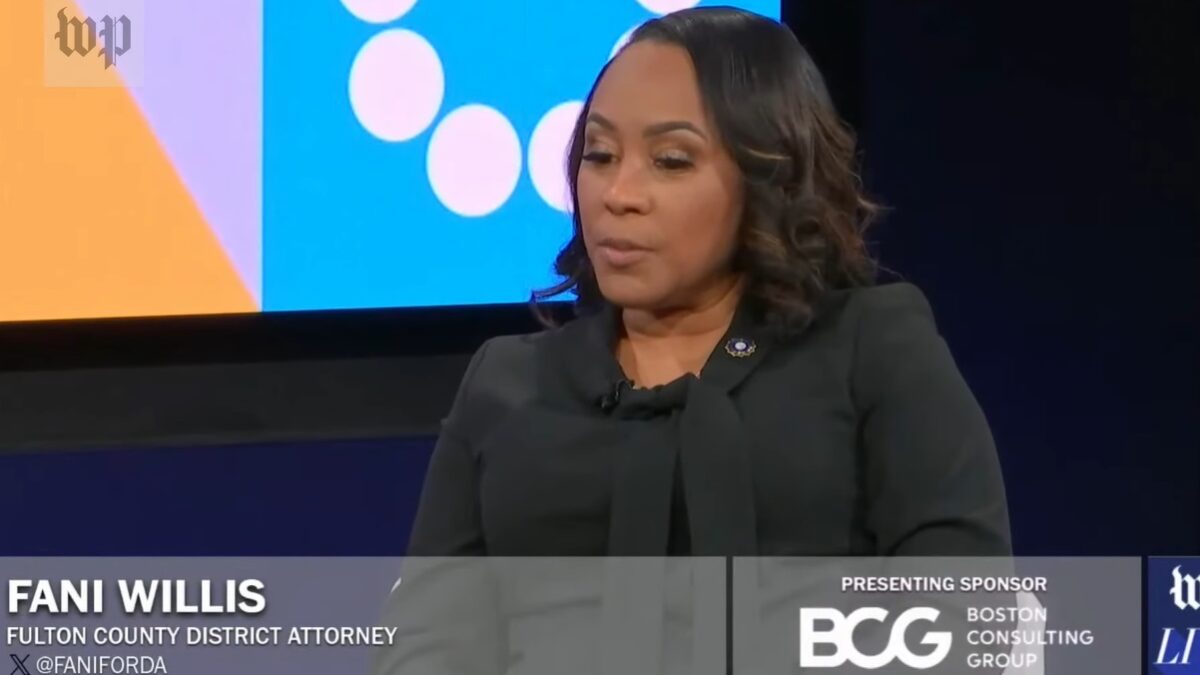It’s important to acknowledge two truths about the anti-Israel campus protests. First, they’ve clearly included some antisemitism, much of which is far more radical than conservative speech the same schools and supportive journalists regularly subject to suppression. Second, many if not most of the campus protesters, outside headline-grabbing antisemites, believe they oppose Hamas, do not hate Jews, and genuinely think they are fighting a colonialist genocide.
The point of recognizing this is not to excuse schools for botching their responses or let organizers off the hook for platforming bigotry. (They’ve certainly never let the right off the hook for hangers-on or plants.) The point is actually to suggest that while antisemitism will sadly never be extinguished — and there’s some evidence it may be rising — the ideology motivating campus protesters is becoming much more widespread.
Indeed, many of these protesters are Jewish, a reality that’s very familiar to pro-Israel Jews around the world. One Jewish student protester I interviewed this week actually expressed frustration with the difficulty of keeping legitimate antisemites out of the encampment. More broadly, though, the rapid proliferation of anti-Western worldviews presents a bigger problem for the country at large than the seriously disturbing but minority outbursts of antisemitism among protesters. (Minority at least for now.)
Different people obviously share different definitions of antisemitism. That’s understandable. Oftentimes anti-Zionism is a mask for genuine antisemitic bigotry. Personally, I detest the left’s argument that, for instance, opposing “equity” is racist. I’m sure a lot of genuine racists oppose the concept but it’s also not particularly helpful to insist a lot of well-intentioned people are bigots instead of ideological opponents of critical race theory. You end up arguing around people’s actual beliefs.
Such is the case with many of these students. It’s entirely fair to argue their activism is enabling and emboldening bigotry. They won’t, however, be persuaded by arguments insisting they are mostly bigots on a personal level because many of them believe deeply that Israel is engaged in a genocidal slaughter.
They believe this because they believe Israel and its allies in the West are broadly evil, poisoned from their very foundations. Some see these systems as morally equal to Hamas, Hezbollah, and the “resistance.” I have good friends who believe this, and I’m sure people younger than me see this worldview reflected in even more of their peers.
Indeed, on Friday Jonas Du, a student journalist at Columbia and the founder of the excellent Columbia Sundial, joined me on “The Federalist Radio Hour.” The encampment, he explained, is “very much about being anti-Western, anti-capitalist, anti-American essentially.” For many of the students, opposition to Israel is seen as a necessary extension of this all-encompassing perspective, said Du.
That ideology reflects a dangerous myopia. Viewed through the full scope of human history, Western pluralism and tolerance is a remarkable achievement made possible, as longtime atheist Ayaan Hirsi Ali recently determined, by the spread of Christian ideas about protecting the weak and vulnerable. Our societies are far from perfect, but they are relatively incredible and generally superior to the societies of our enemies. Even the limits we’ve agreed upon in the last century to categorize “war crimes” are inflected by this novel consensus. Even when we fail to live up to those rules, countries like Israel and the U.S. generally allow citizens to protest their leaders vigorously and vote for change. We take it for granted.
A failure to appreciate and guard our political inheritance jealously could well engender a revival of Nietzschean ethics wherein, for example, powerful men are allowed into women’s shelters because they claim to be women on the basis of moral relativism. Or the champions of compassion and tolerance and justice saying things like “Zionists don’t deserve to live” and “Be grateful that I’m not just going out and murdering Zionists.”
There are many reasons to be disturbed by the scenes rolling in from America’s college campuses. Nonviolent speech should not, however, be subjected to new censorship regimes from Republicans, who also should hardly find civil disobedience objectionable in and of itself. I’m actually glad students are trying to fight for their idea of justice, because it at least accepts the important premise of our values that justice protects the weak. What’s troubling, though, is the extension of reasonable skepticism towards our institutions and recent militarism into categorical hatred of foundational American ideals.
We know what justice looks like, but we’re at risk of losing any source of agreement on that.









